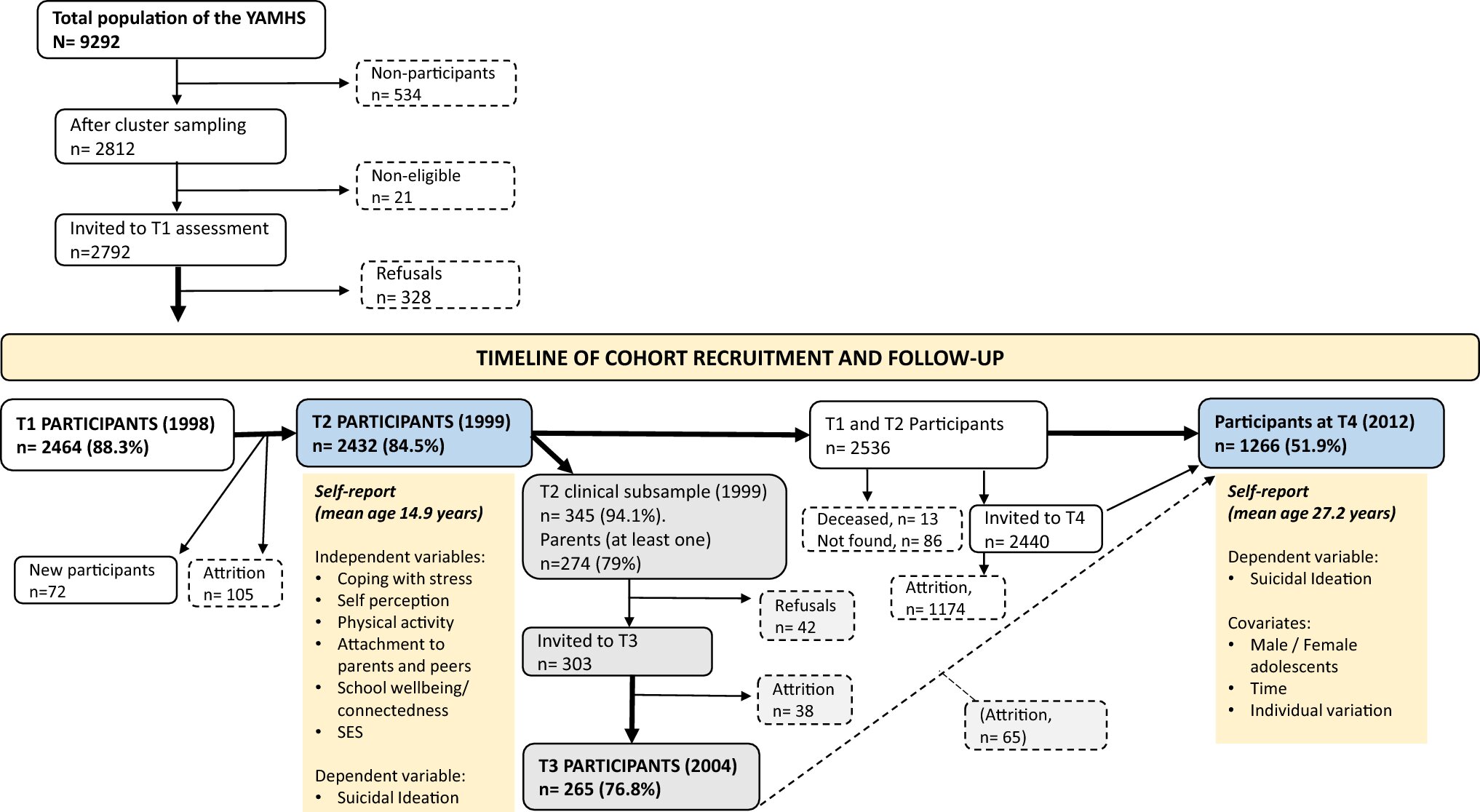Speaking with a foreign accent mitigates the impact of making grammatical errors, depending on the personality type of the listener, a new study has found.
New research from the University of Birmingham, with collaboration from Cardiff University and the University of Novi Sad (Serbia), has examined how ‘acceptable’ people find grammatical errors they hear, factoring in whether the speaker has a foreign accent or not, and the personality of the listener.
The study, published today (24th September) in the Journal of Multilingual and Multicultural Development, found that in most cases people tend to be more tolerant towards someone with a foreign accent for making grammatical errors, unless they themselves have specific personality traits, e.g. they are highly conscientious.
Professor Dagmar Divjak, Professorial Research Fellow in Cognitive Linguistics and Language Cognition at the University of Birmingham, who led the research, said: “With English being spoken globally and diverse multicultural communities at home, we can expect to speak to people from different parts of the world for whom English is not their first language. This can lead to deviations from the perceived ‘standard’ in conversations, such as foreign accents or grammatical errors, being negatively received and leading to snap judgements about individuals. However, not a lot of research has been done on accent and grammar at the same time. Our research has found that those with foreign accents were not as harshly judged as native-accented people for making grammatical errors. And we found an interesting effect of listener personality.”
The researchers asked 60 first language British English speakers, 30 men and 30 women, recruited in Birmingham, to listen to 40 recordings of short passages in English, with or without grammatical errors in either a British or foreign accent. The poor grammar versions had different types of article errors, such as the omission or overuse of definite and indefinite articles (“the” or “a/an”) or the substitution of one for the other as in “I enjoy Edinburgh Fringe Festival” or “We celebrate the Christmas” or “We exchanged the wishes.” The 40 passages were read aloud by two British and two Polish speakers, one female and one male, at a natural speed.
The participants were then asked to rate on a scale of 1-100 how the language sounded to them, 1 being ‘this is not how I would express myself in English’, and 100 being ‘this is pretty much how I would put it myself’, and how easy it was to understand the speaker, 1 being ‘very difficult’ and 100 ‘very easy’. The participants also filled out a questionnaire to report their personality traits in terms of conscientiousness, extraversion, agreeableness, openness, and neuroticism.
The research found that the article errors were more detrimental in the British accented speech than in the Polish accented speech.
Dr Hui Sun, at the time postdoctoral researcher on the study and now Lecturer in Language and Communication at Cardiff University said: “This could be because grammatical errors in native-accented speech are more unexpected and so more salient to the listeners. It is worth noting that most speech samples, including those with errors, were rated as easy to understand. We also found that the personality traits of the listeners had an impact on the acceptability ratings. For example, we found a clear linear effect of conscientiousness: the more conscientious you are, the less acceptable you find foreign-accented speech, regardless of the presence of grammatical errors. Other personality types showed a more complex, nonlinear pattern.”
Petar Milin, Professor of Psychology of Language and Language Learning at the University of Birmingham added: “This research has found that first-language English speakers are accepting of grammatical errors when the speaker audibly hails from another part of the world. This shows that British people make exceptions for those who may be learning the language, as long as they can understand the meaning of what is being said. Overall, our participants from Birmingham were very tolerant, which could be expected as the city contains a diverse community of people from different parts of the world. The study demonstrates a level of kindness and understanding from our participants which is a real positive to take away.”
The researchers say that these findings could have real-world applications, such as the way English is taught as a second language and understanding how we, as individuals, make judgments based on accents in situations like job interviews.
Professor Divjak concluded: “Our findings could influence how English is taught to people wanting to learn it as a second language for interactive purposes, with less focus on the fiddly specifics of grammar and more emphasis on effective expression. It also underscores the importance of self-awareness, as first-language listeners’ evaluations of foreign-accented speech could have negative consequences, especially in high-stakes situations such as academic admissions, job interviews, and immigration interviews. It is important to raise their awareness of the role personality plays in these evaluations which may help first language speakers with their communication with, and appreciation of, foreign-accented speakers.”

